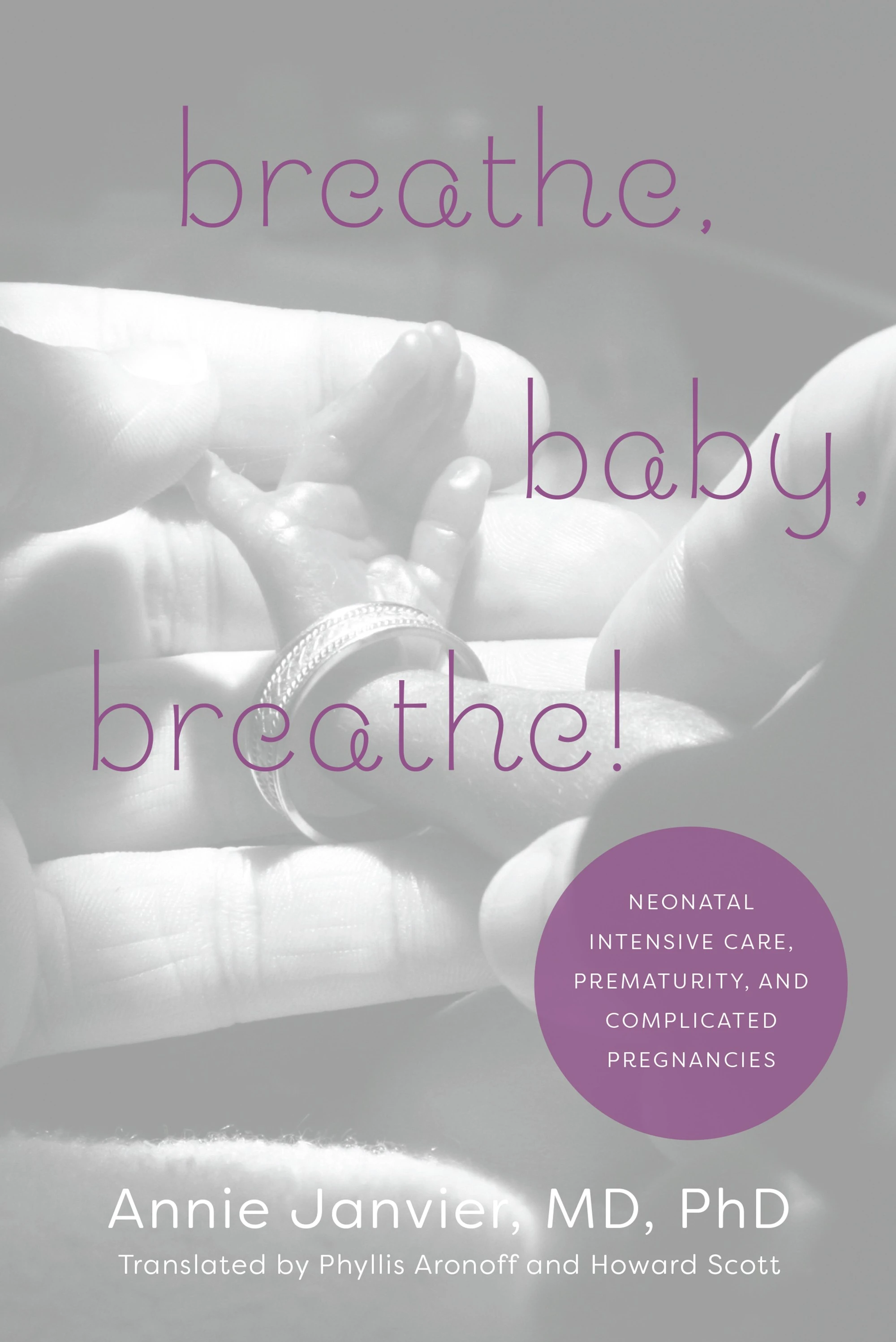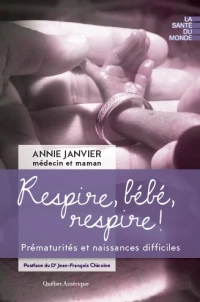The term “moral distress” was coined by nursing researchers who were, generally, referring to situations in which nurses were constrained to act in opposition to their ethical beliefs, usually by having to follow medical orders that they disagreed with. More recently the term has been applied to a wider range of issues that incorporate ethical conflicts.
A new publication from Melbourne (including my wife, Annie Janvier, as a senior author) questioned staff in two NICUs, both physicians and nurses, about their understanding of moral distress, whether they experienced it, and how often, and what could be done about it. (Prentice TM, et al. Always a burden? Healthcare providers’ perspectives on moral distress. Archives of disease in childhood Fetal and neonatal edition. 2017).
Nurses and Physicians experienced moral distress equally frequently, and those who looked after the sickest babies experienced it more frequently. However, they did not generally consider it to be avoidable, nor to be always an adverse phenomenon. Indeed the majority didn’t even want to try to eliminate it completely.
The same 4 authors have followed this up with a review article. They argue that since the term “moral distress” was developed, the decision-making landscape as changed. The nursing investigators who first created the term studied nurses who sometimes felt that they were forced into doing things that were against their moral beliefs about what was in the best interests of infants. In the newly emphasized “shared decision making” where decisions are made in a much more open way, and where parents are encouraged to participate in all the major decisions regarding the care of their infants, we often find a range of opinions about a treatment course, and a decision that therefore does not satisfy everybody.
Sometimes I myself feel that a patient that I am treating is not receiving care which is in their best interests, but the parents do feel that. We always try to avoid over-riding the parents wishes, working on compromises that are acceptable to the team, leading to days, or sometimes weeks, where many members of the team feel morally distressed. Unlike the caricature of the paternalistic over-invasive doctor imposing harmful treatments on a poor baby, by far the most common disagreements involve parents wanting to proceed with intensive care options that we feel are unlikely to succeed, or sometimes it is because of a different definition of “success”.
The authors of this review (Prentice TM, et al. The use and misuse of moral distress in neonatology. Seminars in fetal & neonatal medicine. 2017) encourage a process of self-reflection which can be used to build a type of moral resilience, to allow an appreciation of the complexities we deal with, prevent burnout, and encourage ongoing involvement, with a sort of moral courage.
After doing this for almost 40 years, I do not think that ethical conflicts are avoidable in neonatology, or in other critical care areas. I don’t actually they are any more or less frequent than in the past; we can do more, we are more able to support babies at more extreme degrees of illness, we also know much more about the long-term futures of our babies, when studied as groups of infants, but at the same time I am much less definite about my ability to predict what the future of an individual child will hold.
When I feel constrained to provide care that no longer seems in the child’s best interest (usually because of parental desires) it can create distress. Fortunately I work in an NICU where we frequently have open and wide-ranging multidisciplinary discussions about such cases. These really help the team to realize the diversity of opinions about the best course of action, that no-one is blind to the multiple potential courses of action, but are thoughtfully trying to seek what is optimal for the baby and family. We also often acknowledge the difficulty it may pose to the bedside nurse who spends many hours a day with a baby who is not being treated according to their own opinion of the right thing to do. I think this really helps to avoid statements such as “she’s always pro-life” or “he’s often ready to stop before anyone else”, but to, rather, appreciate the struggle we all go through to make the best decisions for our babies.
I think this approach in our unit (we are unique, I think in having three neonatologists who are also PhDs in clinical ethics!) reflects many of the suggestions of this review article as ways to reduce the impacts of moral distress; and, in fact, reflects much of what I have read about the so-called “Schwartz rounds”, an article about which has just appeared, promoting such rounds as a way of encouraging compassionate care in children’s hospital. That proposal irritates me a bit, as I have never noted a lack of compassion in children’s hospitals, or in general hospitals either! On the other hand, I do think that transparent, inclusive, multidisciplinary discussions about our most problematic cases can make a big difference to the emotional state of the caregivers.
Moral distress, and the ethical conflicts underlying such distress, help us to push past our preconceptions, to realize that caregivers and parents may have varying opinions while all still wishing to find the best decision for the baby under our care. I think that not having such distress, such emotionally charged conflicts, would mean that we thought we knew all the answers. I think this is why many people in the article that stimulated this post did not think that we should even try to completely eliminate moral distress. We should, instead seek ways to reduce and control and use it to advance our care for the newborn.








